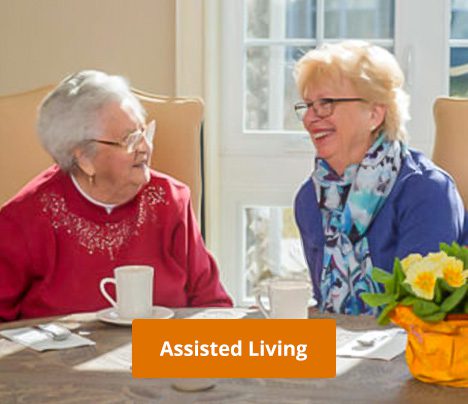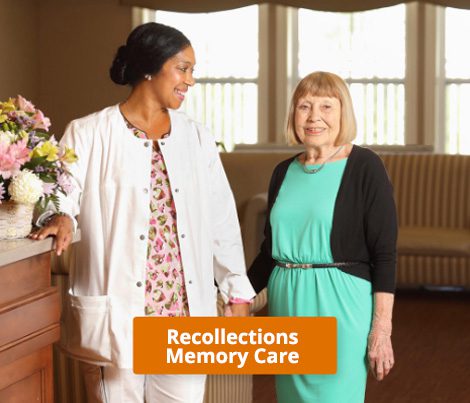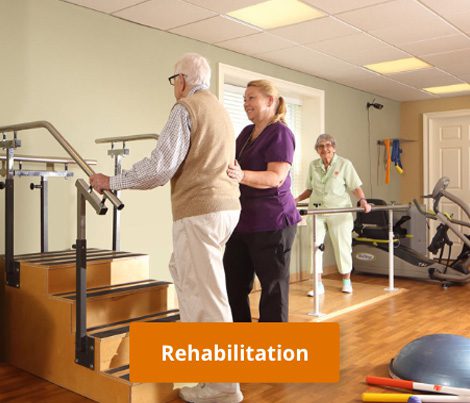Seniors and Seasonal Allergies

If you or a loved one are experiencing new respiratory symptoms, please seek medical guidance from your physician.

Spring in central Jersey is a delight, with cool breezes, blooming azaleas, and trees filling with bright green leaves. But, for people with allergies, the joy of blooms and breezes is compromised by the discomfort of a runny nose, itchy eyes, and congestion.
Seasonal allergies may begin at any age. In fact, developing seasonal allergies as an adult, even past age 75, is not unusual. For seniors, seasonal allergies can be more than just a nuisance: both allergy symptoms and common allergy treatments can aggravate conditions such as COPD (Chronic Obstructive Pulmonary Disease) and other cardiovascular disorders. And, allergy medications can interact with prescription medications commonly taken by seniors.
Fortunately, there are plenty of ways to reduce exposure to allergens, as well as prescription treatments that are safe for seniors with seasonal allergies.
Helping A Senior Living With Allergies
- Know the signs. Allergies can start at any time in life. If a senior has a mild “spring cold” that doesn’t seem to change, it may be seasonal allergies. (Is it a cold, allergies, or Covid? When in doubt, contact your physician right away.)
- Consult with a physician. Before taking even over-the-counter allergy medications, talk with a physician who is aware of the full medical history and current medications. Antihistamines and decongestants – the two most common drugs taken for allergy symptoms – can cause more significant side effects in seniors, and can interact negatively with other medications.
- Watch the weather. Schedule outings for dry days with low pollen counts. While a rainstorm may wash away the pollen, during the storm itself pollen particles are saturated and burst into the air, increasing symptoms for allergy sufferers.
- Check the pollen count. Sites such as pollen.com offer a daily pollen forecast, to help with scheduling outdoor activities.
- Close the windows. As tempting as it may be to throw open the window on a warm spring day, keeping the windows closed will minimize pollen and other allergens in the home. Use air conditioning instead.
- Wash clothing regularly. Encourage seniors to change clothing immediately after a spring outing. Clothing should be put in a covered laundry basket and laundered promptly.
- Wear sunglasses. Even on cloudy days, sunglasses help prevent pollen and other airborne allergens from reaching sensitive eyes.
- Eat right. Choose foods that help reduce inflammation and allergy symptoms, such as fish, cooked fruits and vegetables high in vitamin C, and hot drinks and soup.
Sunnyside Manor is the premier family-owned senior living community in Wall, NJ, with three distinctive neighborhoods: Independence ‘Plus’ Assisted Living, Recollections Memory Care, and Long Term Care & Sub-acute Rehabilitation.








